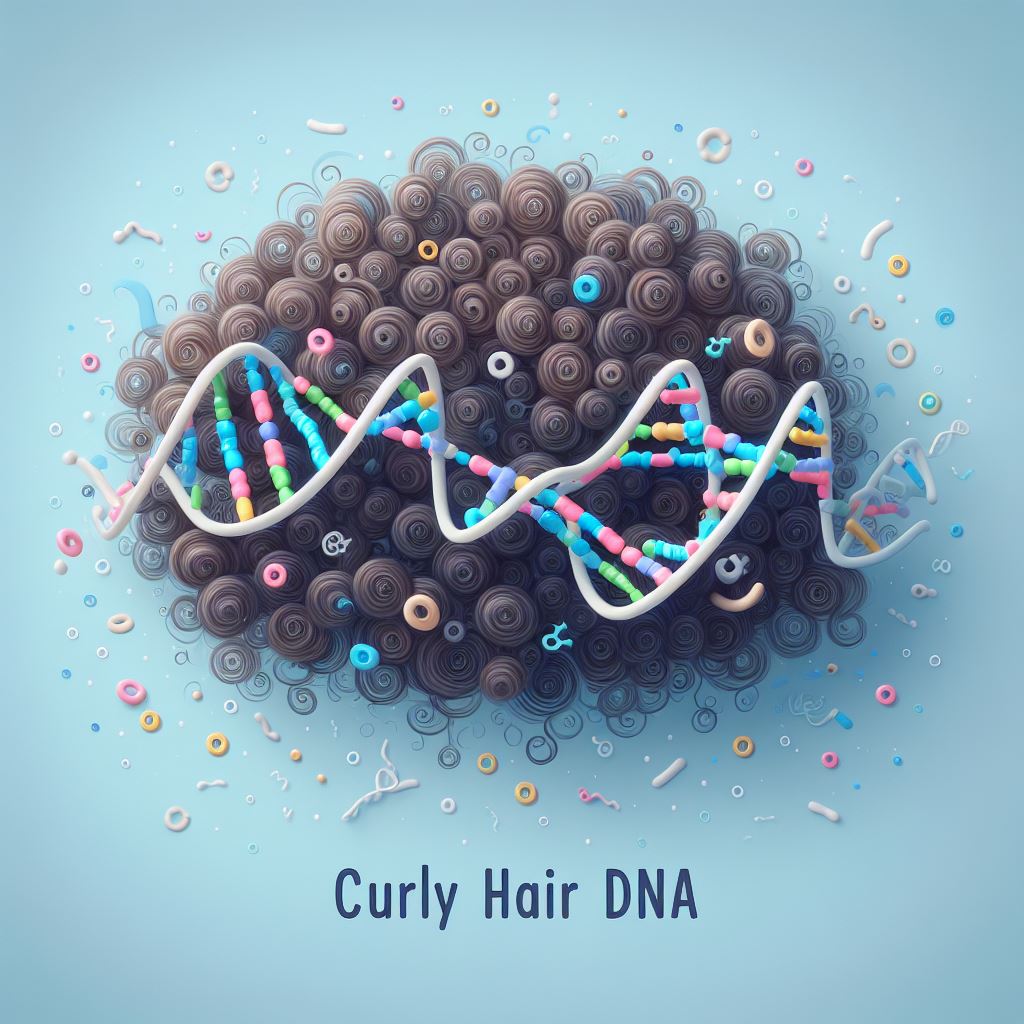Curly hair is a beautiful and unique feature that many people love and admire. But have you ever wondered what makes your hair curl? What are the genetic factors that determine your hair type? Is curly hair dominant or recessive? How does your ethnicity influence your hair texture?The answer is not so simple. There is no single gene that causes your hair to become curly. Instead, your hair type is the result of how your parent’s DNA combines, in addition to your ethnicity. Studies suggest that people with different ancestral histories have different genes that are responsible for their hair type.
Curly hair is considered a “dominant” gene trait. That means that if one parent gives you a curly-haired gene and the other parent gives you a straight-haired gene, you’ll be born with curly hair. However, this does not mean that both of your parents have to have curly hair for you to have it. Since curly hair is dominant, one of your parents may have been born with curly hair but carry an allele (a variant of a gene) for straight hair, too.
On the other hand, straight hair is considered “recessive.” That means that you need two copies of the straight-haired gene, one from each parent, to have straight hair. If you have one copy of the straight-haired gene and one copy of the curly-haired gene, you will have curly hair.
However, this is not the only factor that influences your hair type. Your hair type is also affected by your ethnicity, which reflects your ancestral history and geographic origin. Different ethnic groups have different hair textures, shapes, and thicknesses, which are adaptations to different climates and environments. For example, in sub-Saharan Africa, genes favour tight, curly hair, which helps protect the scalp from the sun and retain moisture. But in east Asia, mutations have led to straighter, thicker hair, which helps insulate the head from the cold and prevent heat loss. In Europe, other mutations brought wavy and lighter-coloured hair, which may have been influenced by sexual selection.
Another factor that affects your hair type is the presence of disulfide bridges.
Disulfide bridges are covalent bonds that form between the sulfur atoms of two cysteine amino acids in the protein keratin, which is the main component of hair. Disulfide bridges create kinks and twists in the hair shaft, resulting in different degrees of curliness. The more disulfide bridges you have, the curlier your hair will be. Disulfide bridges are influenced by both genetic and environmental factors, such as hormones, diet, and chemicals.

